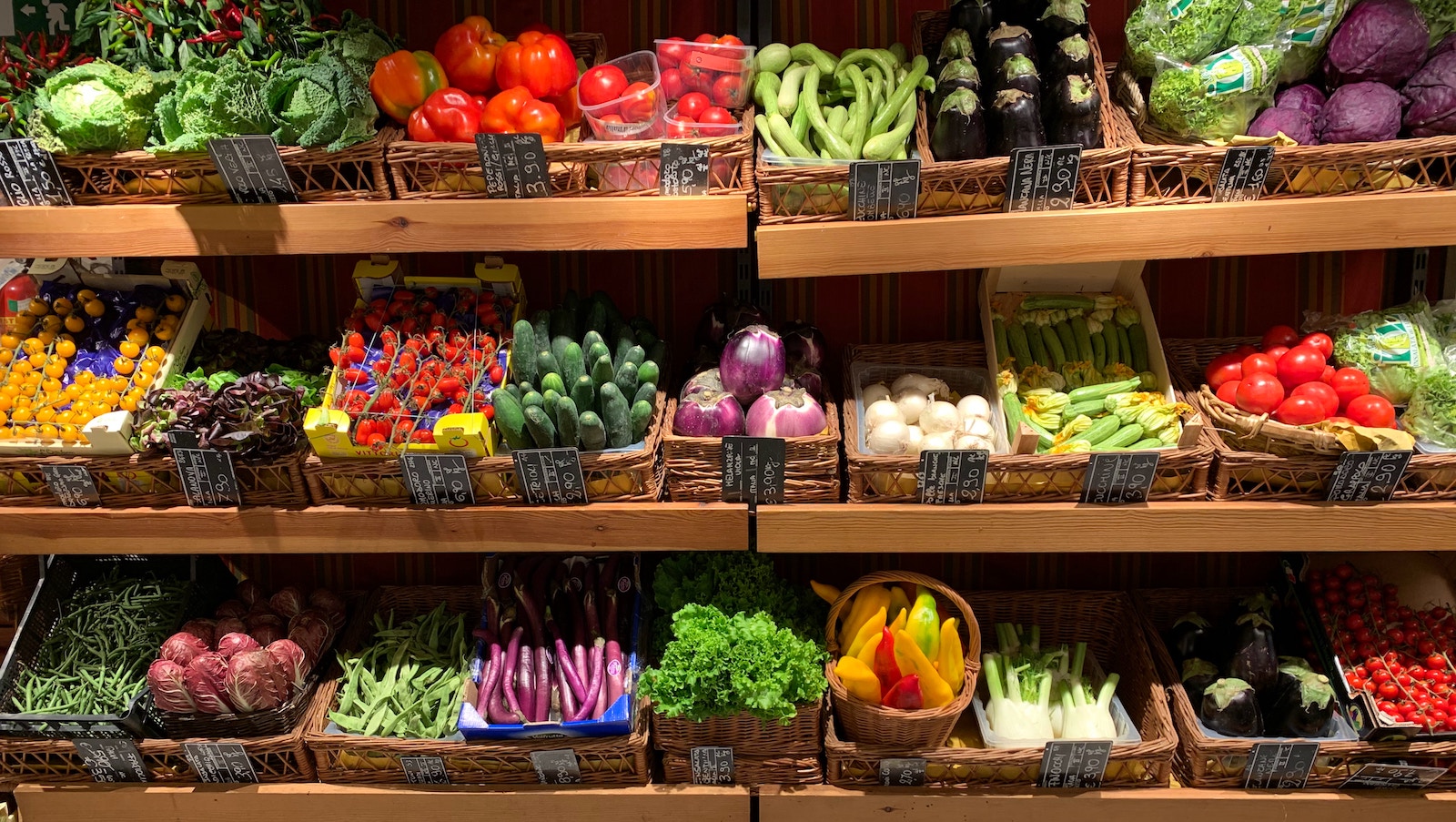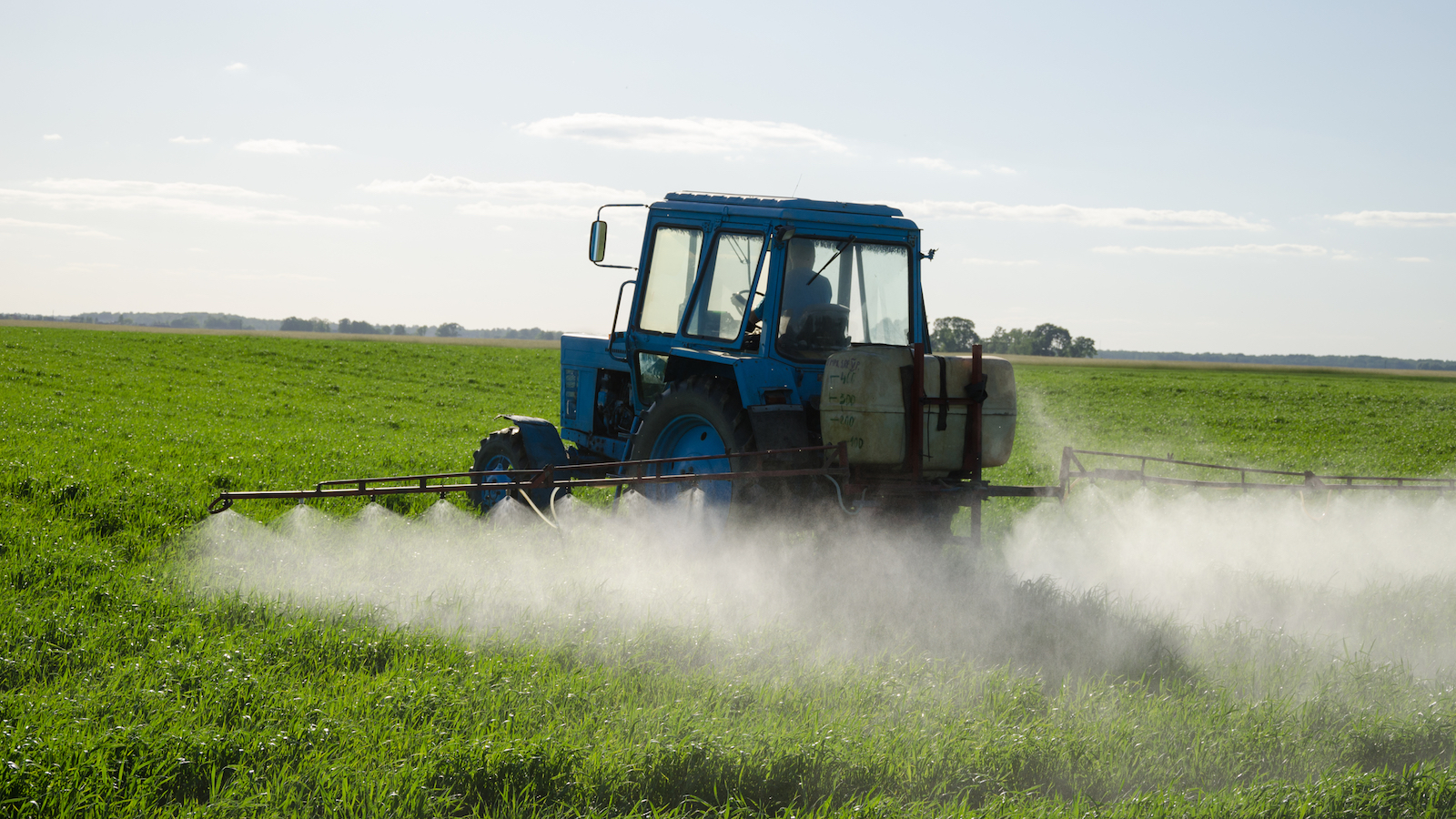Farm Bill Could Sow Seeds for Obesity
When Congress turns to reauthorizing the federal Farm Bill this summer, you might think that only farmers or people from farm states should care. But in reality, the decisions they make impact all of us, because there’s a real risk Congress will maintain a broken status quo that lavishes taxpayer dollars on the junk food ingredients that are helping to fuel the obesity epidemic.
When Congress turns to reauthorizing the federal Farm Bill this summer, you might think that only farmers or people from farm states should care. But in reality, the decisions they make impact all of us, because there’s a real risk Congress will maintain a broken status quo that lavishes taxpayer dollars on the junk food ingredients that are helping to fuel our country’s obesity epidemic.
Current food policy disproportionately subsidizes already-profitable agribusinesses that don’t need the cash. Of $262 billion in taxpayer subsidies since 1995, almost three quarters of the dollars went to just 4% of farmers. Directing taxpayer dollars to these mature, profitable businesses enriches them at the expense of smaller, unsubsidized farmers, without any benefit to the taxpayers who are footing the bill. And the industry knows when they’ve got a good thing going: the last time the Farm Bill was up for reauthorization in 2008, they spent $200 million on lobbying and campaign contributions to maintain and expand these giveaways.
But agricultural subsidies don’t just waste taxpayer dollars, they also subsidize unhealthy additives that are fueling the obesity epidemic. Subsidized corn and soy are processed into junk food ingredients like high-fructose corn syrup and soy-based vegetable oils and shortenings. Taxpayer support for just four of these kinds of ingredients comes to over $1 billion a year. This comes at a time when childhood obesity has reached epidemic proportions, with one out of three Arizona kids considered overweight or obese and such an increase in the prevalence of Type II diabetes in young people that we no longer call it “adult-onset diabetes.” Obesity adds $147 billion a year to our nation’s health care costs – and we’re spending taxpayer dollars to underwrite the epidemic.
The current Farm Bill expires this year, offering an opportunity for much-needed reform. Unfortunately, the Senate Agriculture Committee has recommended legislation that risks making the problem worse. Their approach tiptoes in the direction of reform by ending one of the worst subsidy programs, but it would create a new scheme that shares many of the same characteristics.
The proposed Agriculture Risk Coverage program would create a revenue guarantee that would most benefit the largest agribusinesses, and again, the lion’s share of the dollars would flow to the corn and soy that serve as raw materials for junk food. The program would also lock in the current, high-price levels for corn and soy for years to come, with taxpayer dollars serving to needlessly insulate the already profitable agribusinesses from the laws of supply and demand, and could cost taxpayers $30 billion over the next decade.
The Senate Committee’s bill would also continue a flawed crop insurance program that shares the same flaws. Again, it’s the biggest producers of commodity crops that reap the benefits – in 2011, a single corporation made over $2 million dollars through subsidies provided by the program. Continuing crop insurance unchanged could cost taxpayers $39 billion over the next five years.
The 2012 Farm Bill can take us down the road to healthy foods, or it can perpetuate the imbalance that has existed for too long. At a time of high deficits and significant cuts to important public interest priorities, it is unjustifiable to continue spending billions of taxpayer dollars on subsidies that underwrite the production of junk food ingredients and make our children sick. As Congress works to reauthorize the Farm Bill, they will have to decide whose side they are on: ours or Big Ag’s.
Co-written with Nasima Hossain, Arizona PIRG Federal Public Health Advocate.
Topics
Authors
Jason Donofrio
Find Out More

New report reveals widespread presence of plastic chemicals in our food

How much food waste does America create and what can we do about it?

Toxic PFAS chemicals are being sprayed on crops across the country

